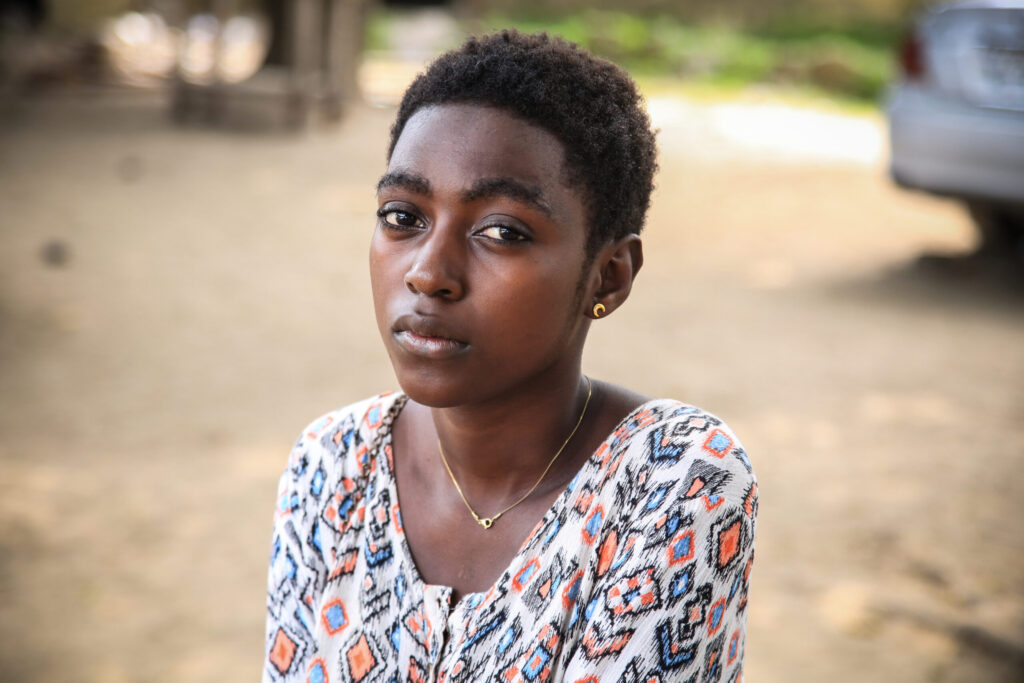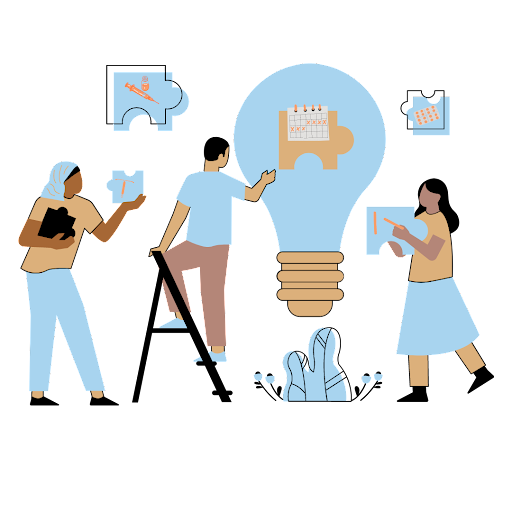Disability can include conditions that limit an individual’s activities of daily living such as; limitations in movement, sight,hearing, and more. In this regard, a limitation on the use of some parts of the genitals is considered a form of disability.
Female Genital Mutilation (FGM) has been defined as “all procedures involving partial or total removal of the external female genitalia or any injury to them for socio-cultural and non-therapeutic reasons”. This is also known as female circumcision or female genital cutting.
In some areas, FGM is carried out during infancy, as early as a couple of days after birth. In others, it takes place during childhood, at the time of marriage, during a woman’s first pregnancy or after the birth of her first child. Recent reports suggest that the age has been dropping in some areas, with most FGM carried out on girls between the ages of 0 and 15 years.
In Africa, FGM is known to be practiced among certain communities in 33 countries which are: Benin, Burkina Faso, Cameroon, Central African Republic, Chad, Cote d’Ivoire, Democratic Republic of Congo, Djibouti, Egypt, Eritrea, Ethiopia, Gambia, Ghana, Guinea, Guinea-Bissau, Kenya, Liberia, Malawi, Mali, Mauritania, Niger, Nigeria, Senegal, Sierra Leone, Somalia, South Africa, South Sudan, Sudan, Tanzania, Togo, Uganda, Zambia and Zimbabwe. Certain ethnic groups in Asian countries practice FGM, including in communities in India, Indonesia, Malaysia, the Maldives, Pakistan and Sri Lanka. In the Middle East, the practice occurs in Oman, the United Arab Emirates and Yemen, as well as in Iraq, Iran, Jordan and the State of Palestine. In Eastern Europe, recent information shows that certain communities are practising FGM in Georgia and the Russian Federation. In South America, certain communities are known to practice FGM in Colombia, Ecuador, Panama and Peru. And in many western countries, including Australia, Canada, New Zealand, the United States, the United Kingdom and various European countries, FGM is practiced among diaspora populations from areas where the practice is common.
The disabling consequences of Female Genital Mutilation (FGM) include; post-traumatic stress disorder, negative beliefs about sex, and a difficulty or complete inability to engage in sexual intercourse due to pain. These consequences often require coping strategies employed by females affected by FGM, and this may have its own implications on sexual gratification among partners. The venereal component of a disability has often been neglected in discussions around accessibility or inclusion rights, as victims mostly do not like discussing it openly, and not all disabilities are noticeably obvious at a glance. The physical and medical harms brought about by FGM include severe pain, bleeding, shock, difficulty in passing urine and faeces, chronic pain and susceptibility to infections, particularly sexually transmitted infections (STIs).
Other complications include obstetrical problems such as prolonged and/or obstructed labor, perineal tears and postpartum hemorrhage, which could lead to maternal or neonatal death. These complications could in turn affect sexual functioning, inhibiting sexual pleasure and the ability to commit emotionally and mentally to relationships. In most communities in which FGM is widely practised, men and women usually support it without question, with condemnation, harassment, and ostracism as a punishment for dissent. The supposed benefits of FGM among practising communities were among others, social approval and acceptance, preservation of virginity, better marriage prospects, and more sexual pleasure for the husband. However, FGM is not beneficial, as there can be serious health consequences immediately and later in life Hence, behavioral change can help people understand the harmful consequences of these practices and stop engaging in these tribal practices.
The FGM Disability
My profession as a midwife has made me see the effect of FGM on mothers during vaginal delivery. I vividly remember one of my clients with the name Chidimma (Not real name). It was Chidimma’s second pregnancy, and she was 27 years old. She came into the labor room looking so anxious, and afraid. I had to deploy my coping skills in alleviating these concerns for her, engaging her in a discussion to elicit the reason for her uneasiness. She told me how difficult it was for her during the delivery of her first baby. Chidimma noted that despite the episiotomy, a small cut made to enlarge the vaginal opening during childbirth, that the previous midwife performed, the delivery itself was not easy. She said that the experience made her regret childbirth, and it’s a major concern for her now.
Chidimma knows that her major challenge to childbirth is because she experienced genitalmutilation, and she pledged never to do the same to her daughter. Chidimma is part of the 24.8% of Nigerian females between the ages of 15 to 49 years who experienced genital mutilation a and she forms part of the 20 million affected Nigerian girls and women who represent a massive 10% of the global total of females who have experienced genital mutilation. .
Health Advocacy and Changes
Eradication of FGM requires a multi-sectoral collaboration of practitioners and advocacy leaders on multiple levels which involves politics, legislation, educational systems, and community networking. Increasing knowledge and awareness of the health risks and consequential disability, as well as emotional toll of FGM. By educating societies, we can begin changing outdated and harmful attitudes towards FGM. As the initial or main efforts, we can start to address FGM advocacy concerns that all communities should abide by are:
- Improving medical professionals’ knowledge and support to the healthcare systems along with implementing guidelines and training on the negative health outcomes of FGM.
- Sensitizing the general population on the dangers of FGM through Information, Education and Communication (IEC) materials.
- Holding focus group discussions at the community level, to discuss and educate community members on FGM and its negative consequences. The health and human rights aspects should feature prominently in these dialogues, and Community Based Organizations (CBOs) should play an important role in raising awareness and educating communities.
- Collective abandonment, in which a whole community chooses to no longer engage in female genital mutilation, is an effective way to end the practice.
- Resilient advocacy to policymakers on the need to introduce laws on the prevention of FGM, which should be implemented to eliminate the gender repressive and exploiting practices and share public knowledge on the health benefits of the prevention of FGM.
In conclusion, FGM needs to be abolished because it’s rooted in gender-based discrimination and inequality as a form of sexual violence. , The effect of FGM on women during childbirth causes birth complications such as fistula, third-degree tear, and hemorrhage, among others. This leads to maternal morbidity and even mortality. I believe using a multidisciplinary approach, which will involve legislation, health care professionals, women and girls empowerment, and education will go a long way in stopping FGM in Africa and beyond.







